I encourage anyone interested in the future of workforce development and training to read this excellent article published in Forbes:
Human Capital Era Reality: The Skills Gap May Never Close
For other relevant readings on the future of work, see:
Future of Work: Insights for 2021 and Beyond (Milken Institute)
The Future of Work After COVID-19 (McKinsey Global Institute)
Preparing for the Future of Work (World Economic Forum)
World Economic Forum's Future of Jobs Report 2020
What will the 2020s hold? Technological advances continue to take shape at a blistering pace and will have effects on nearly all aspects of our lives. While most of these tech advances will be a clear benefit (improved healthcare, faster connectivity with 5G wireless, and greater access to online learning), others offer a potentially existential challenge to something most of us do for more than a third of our lives: work.
Work in the Age of AI
The nature of work is changing rapidly. Automation and artificial intelligence (AI) are allowing machines and computer programs to take on an extraordinary variety of tasks.
Any job requiring technical skill alone may eventually be subsumed by advances in AI. This leads to the important question of how does one prepare for this sea change? How can you make yourself un-replaceable by a machine?
A 2017 McKinsey Global institute study concluded up to 800 million workers worldwide could lose their jobs to automation by 2030.
|
| Workforce Transitions in a Time of Automation (McKinsey, Dec 2017) |
While it seems logical to assume that increases in AI would necessitate increased training in technical skills like computer programming, coding, engineering, or other scientific fields, the fact of the matter is that those technical skills themselves may be unsafe from the evolving capability of our machines.
|
"AI exposure will likely lower wages and lead to job replacement if human workers can no longer bring "extra value" that AI can't." - Mark Muro, Senior Fellow & Lead Author of the Brookings report |
What will be in demand for the foreseeable future are transferable skills. These types of skills aren't technical but rather refer to intra- and inter-personal skills that we use to get our work done efficiently, by ourselves or with others.
LinkedIn found these 5 transferable skills to be most in demand in 2019 (based on job postings on the platform):
5. Time Management
4. Adaptability
3. Collaboration
2. Persuasion
1. Creativity
Currently, machines cannot think like human beings. The AI we have today is so-called "narrow AI,” performing objective functions using data-trained models. The AI from science fiction movies where machines have human-like intelligence, so-called "artificial general intelligence," is far from a reality and may never be achieved. So, we will need people to serve as the interpretational bridge between AI and society and back again...to insert humanity into our machines and their decisions.
The Role of Critical Thinking, Problem Solving, Data Synthesis, & Presentation Skills
There has been an increased emphasis and interest in STEM (Science, Technology, Engineering, & Mathematics) education to prepare the next generation for a new age of work. Colleges, particularly technical schools and community colleges, have invested heavily in career and technical education that seeks to broaden technical skills currently in demand (coding, software engineering, etc...). Ironically, though, being trained in the liberal arts and humanities may be more useful in the age of AI. In addition, there is data suggesting a surplus of STEM majors in some fields (see also this piece from The Atlantic).
It won't be so much our technical skills that differentiate us in the 21st Century economy. Rather, being able to think critically, synthesize information, present arguments persuasively, and work effectively with others will be increasingly valued.
- Thomas Friedman, author of The World is Flat: A Brief History of the Twenty-first Century
Having the skills to quickly dissect a problem, synthesize and interpret data, and clearly present insights and recommendations from your work are incredibly valuable. Luckily, if you have been pursuing a graduate degree or postdoctoral work, you have experience in all these areas. Each day you are working to troubleshoot problems, synthesize your data with what is already known, and form coherent narratives around your findings. You are uniquely poised to make sense of the flood of data that is and will be produced and stored from the countless scientific publications, device interactions, and web searches that occur each day.
|
Even the hot career field of data science is focused heavily on communicating insights from analyses. This skill may become even more critical as computers takeover the work of data preparation and analysis, leaving the humans to extract insights from the work.
Ph.D.-trained scientists are uniquely poised to be the data interpreters we will need in the 21st Century. |
A changing world demands individuals who can change with it. Flexibility and the ability the learn and adapt to new technology will be crucial. Scientists possess these and other transferable skills but need to more effectively hone and communicate them to potential employers.
In addition, current graduate students and postdocs must avoid becoming so focused in one domain or technique that they don't develop the transferable skills needed to succeed in the 21st Century economy.
Develop Teamwork & Leadership Skills
Taking leadership roles or volunteering in organizations that you are passionate about (including graduate student and postdoc associations) allows you to give back to your community while also honing your teamwork and leadership skills (for example, see). You can look to get involved with local or national organizations or local chapters of national organizations, potentially in research or career areas that interest you.
Volunteering within an organization while continuing in your current role will also force you to improve your time and project management skills as you seek to fulfill your many obligations. In addition, working with others in these organizations, especially those from different backgrounds than yours, will teach you the importance of effective communication skills (listening, synthesizing, presenting), leadership, and consensus building to achieving success.
You should also seek out opportunities to practice and demonstrate your communication skills. Join Toastmaters to practice your public presentation skills or volunteer to deliver a talk to a general audience (local science cafes/clubs are a great venue). You can also start posting articles on the web to demonstrate your written communication skills (LinkedIn has a great self-publication feature). Showing you can speak to a general audience and not just academics is crucial. Your future coworkers and customers will have a variety of backgrounds and speaking to them in an accessible way will increase the rapport you can build with them.
|
Final Thoughts
While the future of work in the age of automation may seem scary, there is the real possibility that increased efficiencies will free us to do tasks that are mentally stimulating and personally rewarding. Instead of slaving over data we will be able to spend our time thinking about how it can be used to better the human condition. We will be able to spend more time interacting with one another instead of at our screens doing the menial tasks that often accompany knowledge-based work. |
That is certainly a future worth aspiring towards.
AI & Work
Where Machines Could Replace Humans - and where they can't (yet)
What jobs are affected by AI? Better-paid, better-educated workers face the most exposure
Is Technology About to Decimate White-Collar Work?
When Will AI Exceed Human Performance? Evidence from AI Experts
In the Age of AI (PBS Frontline documentary)
Human Flourishing in the AI Age - We Need a New Story
Education & the 21st Century Labor Market
The Myth of the Science and Engineering Shortage
STEM Crisis of STEM Surplus? Yes & Yes
A Humanities Degree is Worth Much More Than You Realize
The Growing Importance of Social Skills in the Labor Market
You Can Do Anything: The Surprising Power of a "Useless" Liberal Arts Education (book)
The Future of Work
Meaningful Work: Viktor Frankl's Legacy for the 21st Century (book)
Life's Great Question: Discover How You Contribute to the World (book)
The Globotics Upheaval: Globalization, Robotics, & the Future of Work (book)
MIT Initiative on the Digital Economy
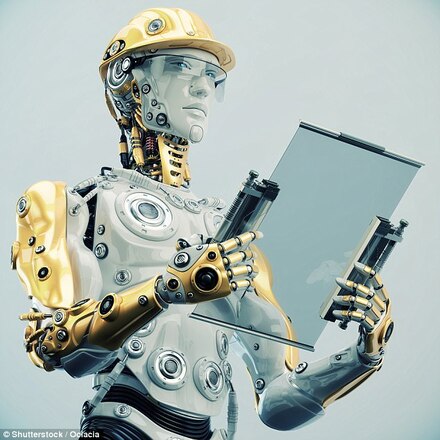
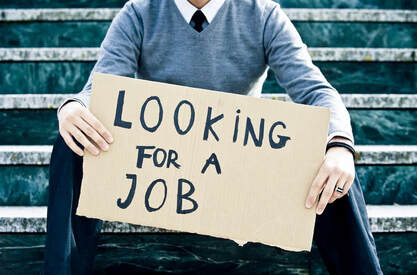
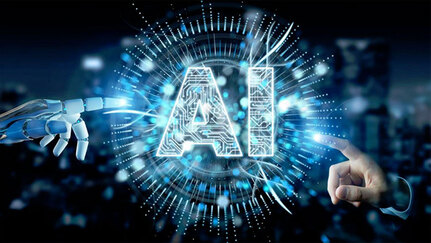
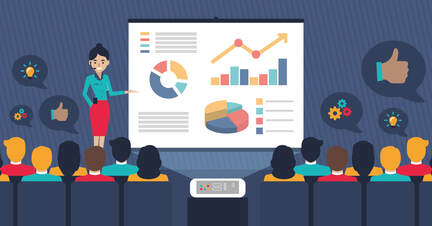
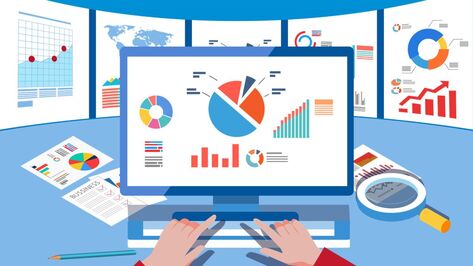
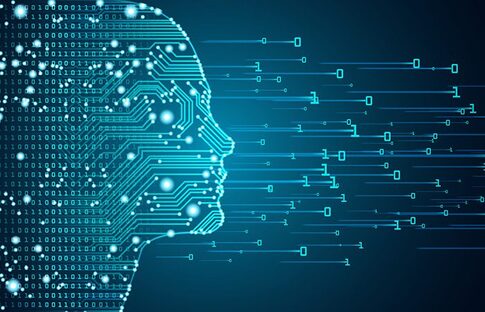
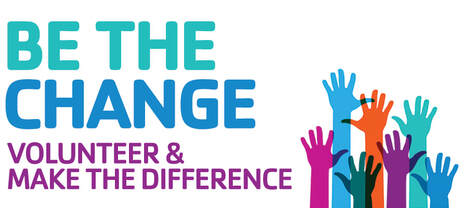

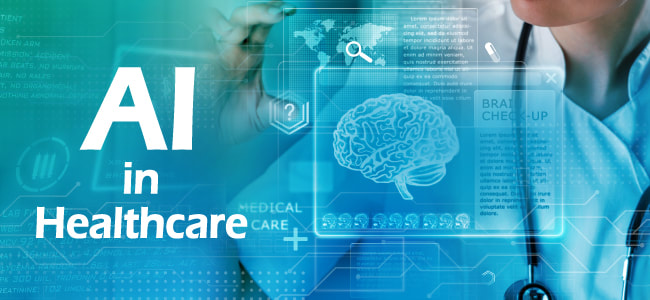
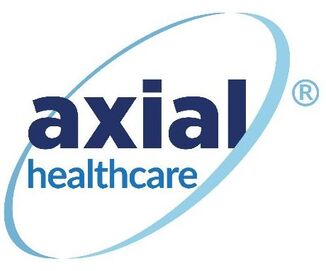

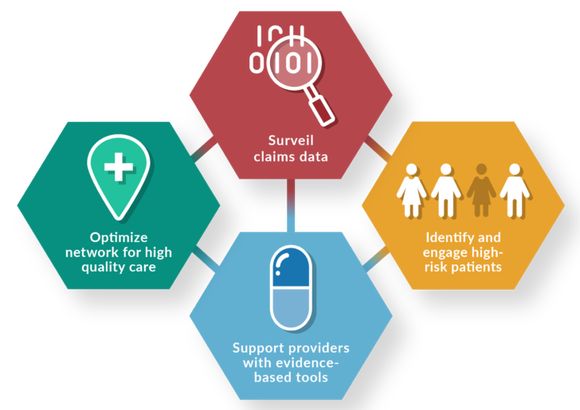


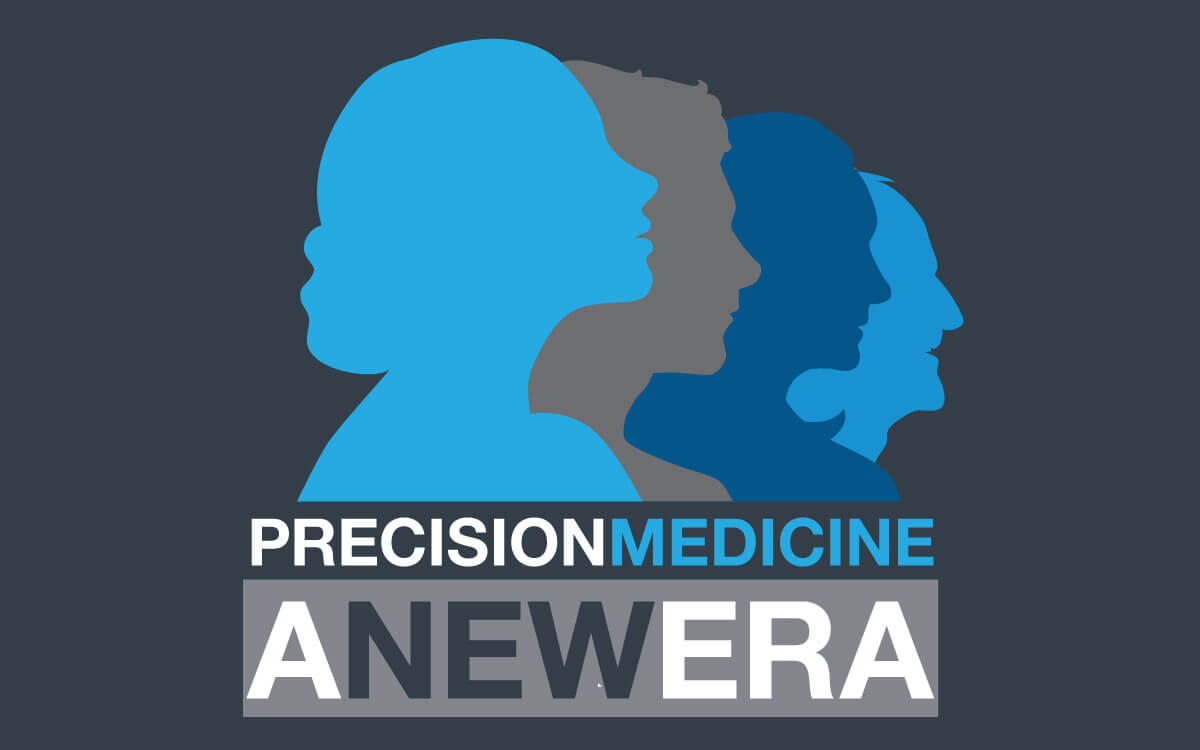


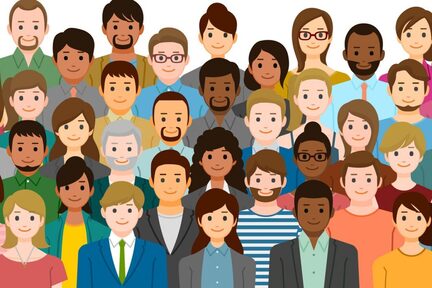

 RSS Feed
RSS Feed